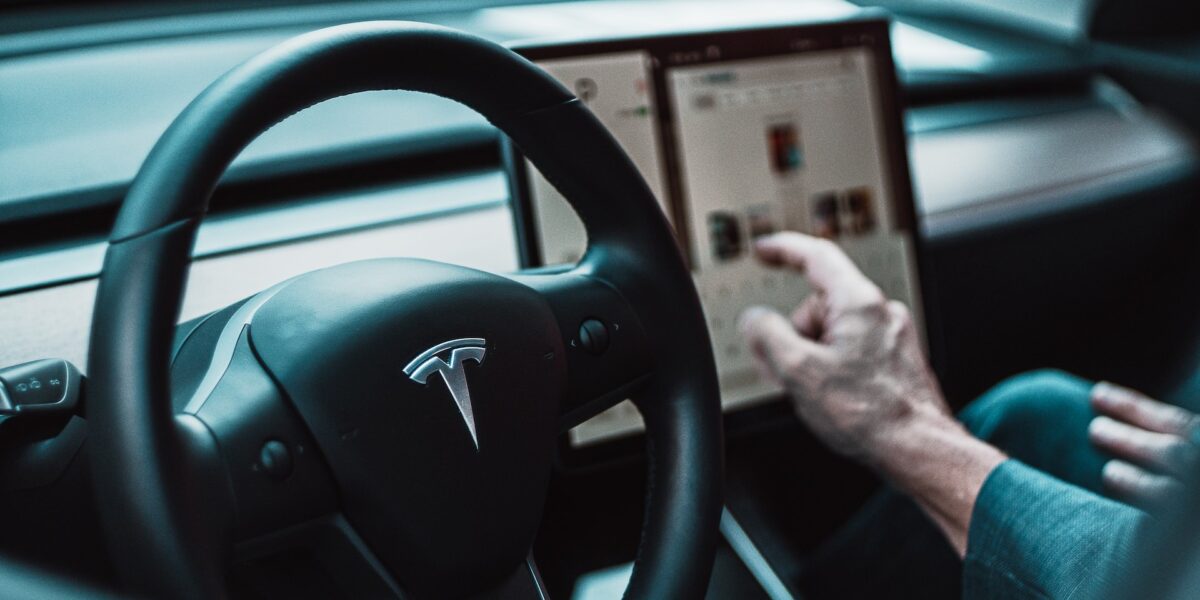Tesla’s Dojo Supercomputer and Its Potential to Transform Market Value
Morgan Stanley’s Optimistic Projection
In a recent analysis, Morgan Stanley’s team, led by renowned Tesla analyst Adam Jonas, made a noteworthy prediction regarding Tesla’s future market value. The analysts postulated that Tesla’s Dojo supercomputer could be the catalyst for a staggering $500 billion surge in the electric vehicle manufacturer’s market worth. This forecast has ignited considerable excitement within the investment community and the tech world at large.
Market Response to the Projections
The market responded swiftly to this optimistic outlook, with Tesla’s stock price surging by more than 6% during early trading on a Monday morning. Investors and industry observers were quick to react to Morgan Stanley’s positive assessment of Tesla’s supercomputing endeavors. This surge in stock price reflects not only market optimism but also the acknowledgment of Tesla’s role as a technological innovator.
Dojo’s Potential Revenue Streams
Morgan Stanley’s analysts underscored that this substantial increase in value could be attributed to Dojo’s potential to unlock fresh revenue streams. These revenue streams may emerge through the broader adoption of robotaxis and software services within Tesla’s ecosystem. The prospect of these new income sources adds depth to Tesla’s already diverse revenue streams, which encompass vehicle sales, energy products, and software services.
Parallels with Amazon Web Services
Drawing parallels with Amazon Web Services, the analysts likened Dojo’s potential impact at Tesla to the transformative forces that have propelled Amazon’s profitability to unprecedented heights. This analogy not only highlights the scale of Dojo’s potential but also underscores the seismic shifts occurring in the automotive industry, where technology and innovation increasingly drive value creation.
Tesla’s Identity as an Auto-Tech Hybrid
The analysts touched upon the ongoing debate about Tesla’s identity as either an automobile company or a technology company. Their perspective is that Tesla is both, but they emphasize that the most significant driver of value in the future will likely be software and services revenue. This dual identity positions Tesla uniquely, allowing it to leverage the strengths of both industries for sustained growth.
Dojo’s Role in Advancing Tesla’s Goals
Dojo, an in-house supercomputer with a five-year development history, plays a pivotal role in training AI systems. Its responsibilities encompass tasks such as supporting Tesla’s driver-assistance system, Autopilot, and contributing to the realization of Tesla’s ambitious “Full Self-Driving” initiatives. The continuous development of Dojo aligns with Tesla’s commitment to pushing the boundaries of autonomous driving technology.
Expanding Addressable Markets
Morgan Stanley’s analysis also highlights Dojo’s potential to expand Tesla’s addressable markets significantly. This expansion goes beyond the conventional sale of vehicles at fixed prices. By delving into robotaxis and software services, Tesla can tap into new demographics and markets, making its offerings more accessible and adaptable to a changing transportation landscape.
Key Events on the Horizon
Looking ahead, the analysts spotlight two key events: the anticipated unveiling of Tesla’s latest version of its full self-driving system by year-end and the expectation of Tesla’s next AI day in early 2024, although the latter event is yet to be officially announced. These upcoming milestones provide a glimpse into Tesla’s roadmap for technology innovation, and they are eagerly anticipated by stakeholders and industry enthusiasts alike.
Stock Performance and Market Cap
While Tesla’s stock has doubled in value since the beginning of the year, it remains below the all-time intraday high of $414.50 reached in November 2021. Currently, the world’s most valuable automaker boasts a market capitalization of approximately $788.74 billion, as of the market close on the previous Friday. This figure underscores Tesla’s prominent position in the global market and its potential for further growth.






